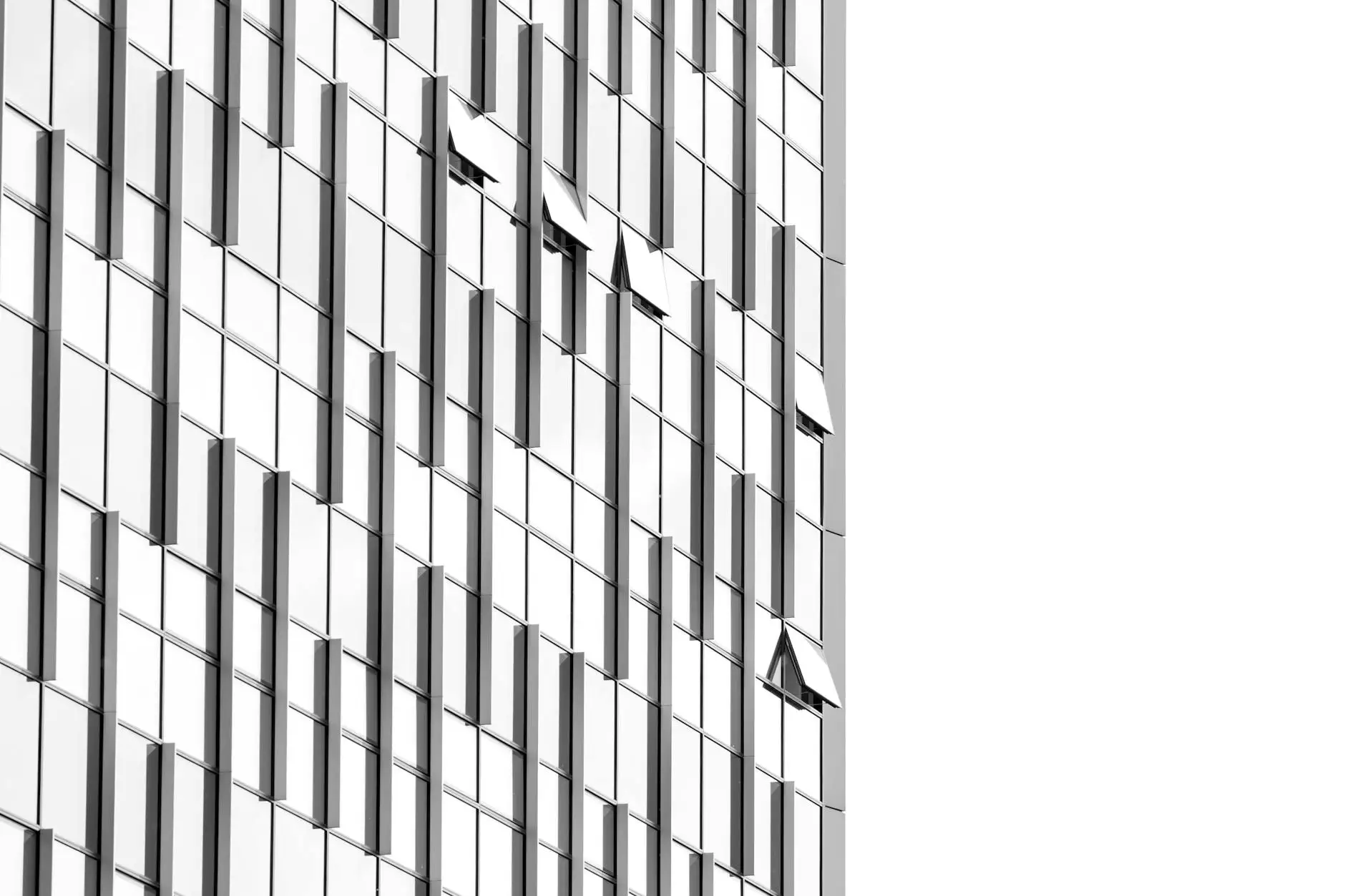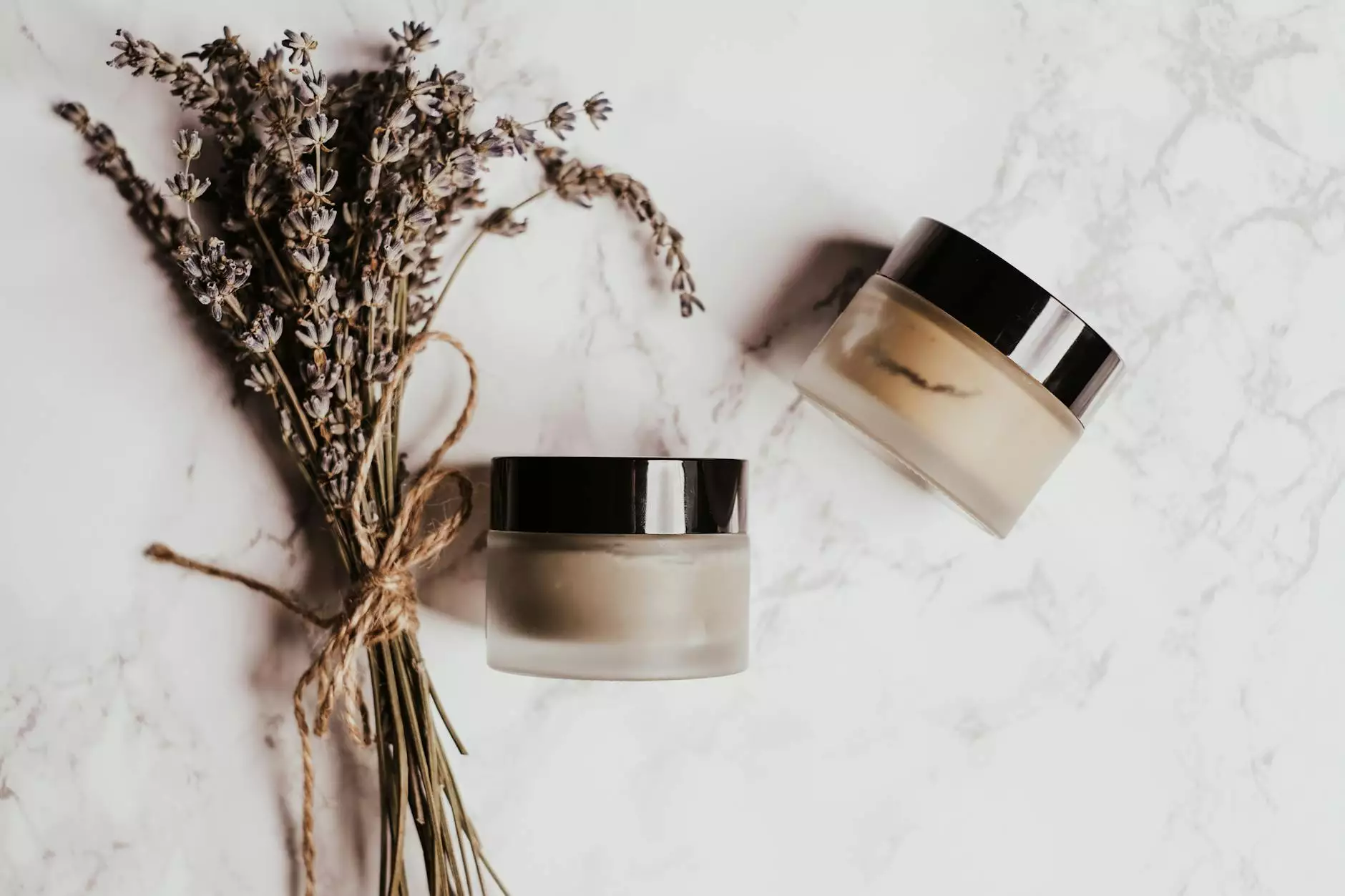Understanding Occlusal Guards for Bruxism: An Essential Guide

Bruxism, the term used to describe the involuntary grinding or clenching of teeth, is a dental condition that affects millions worldwide. If left untreated, it can lead to a variety of dental issues, including worn enamel, cracked teeth, and jaw pain. One effective solution to mitigate the damage caused by bruxism is the use of an occlusal guard for bruxism. In this comprehensive guide, we will explore what occlusal guards are, how they work, the different types available, and their numerous benefits.
What is an Occlusal Guard?
An occlusal guard is a custom-fit dental appliance designed to protect your teeth from the harmful effects of grinding and clenching. These guards are typically made from durable materials like thermoplastic or acrylic, and they create a cushion between your upper and lower teeth. This cushioning effect helps to absorb the force exerted during bruxism episodes, thereby preventing damage and discomfort.
How Do Occlusal Guards Work?
Occlusal guards function by providing a physical barrier between the upper and lower jaws. When a person grinds their teeth, the guard prevents direct contact, significantly reducing wear and tear on the teeth. Here’s a breakdown of how they work:
- Absorbing Pressure: The soft material of the guard cushions the impact, minimizing the pressure on your teeth and jaws.
- Even Distribution: Occlusal guards distribute the forces exerted during grinding evenly across all teeth, preventing localized wear.
- Jaw Alignment: Some guards can help in maintaining proper jaw alignment, thereby reducing muscle fatigue and discomfort.
Types of Occlusal Guards
When considering an occlusal guard for bruxism, it’s essential to understand the different types available. Each type serves a unique purpose and may be suited to different severity levels of bruxism.
1. Soft Occlusal Guards
Soft occlusal guards are typically made from a flexible material, making them comfortable to wear. They are more suitable for mild to moderate bruxism. They help absorb the pressure during grinding, providing relief without being too rigid.
2. Hard Occlusal Guards
Hard occlusal guards are made from a more durable, rigid material, making them ideal for severe cases of bruxism. They provide better protection and are designed to last longer, but may require an adjustment period for the user to get used to the hardness.
3. Dual-Laminated Occlusal Guards
These guards combine soft and hard materials, providing the comfort of a soft guard while offering the durability and protection of a hard guard. Dual-laminated guards are perfect for those who suffer from moderate to severe bruxism and seek both comfort and resilience.
Benefits of Using an Occlusal Guard
The benefits of using an occlusal guard extend beyond mere tooth protection. Here are some key advantages:
- Prevention of Tooth Damage: The primary function of an occlusal guard is to protect your teeth from excessive wear and tear caused by grinding.
- Reduction of Jaw Pain: By providing a cushion, occlusal guards help alleviate pressure on the jaw muscles, reducing pain and discomfort.
- Improved Sleep: Many people find that wearing a guard at night helps them sleep better by reducing the discomfort associated with bruxism.
- Enhanced Dental Health: By protecting your enamel and preventing tooth fractures, occlusal guards contribute to long-term oral health.
- Customization: Most occlusal guards are custom-made to fit the unique contours of your mouth, ensuring maximum comfort and effectiveness.
The Process of Getting an Occlusal Guard
If you suspect that you may need an occlusal guard for bruxism, the first step is to consult with your dentist. Here’s how the process typically works:
1. Evaluation
Your dentist will conduct a thorough evaluation of your dental health and assess the extent of your bruxism. This may include:
- A physical examination of your teeth and jaw
- Inquiries about your symptoms, like headaches or jaw pain
- Analysis of your dental history and lifestyle factors contributing to bruxism
2. Impressions
If an occlusal guard is deemed necessary, your dentist will take impressions of your teeth. These impressions will ensure that the guard fits comfortably and securely in your mouth.
3. Fabrication
The impressions are sent to a dental lab, where the occlusal guard will be custom-fabricated to your specifications. This process can take anywhere from a few days to a couple of weeks.
4. Fitting
Once the guard is ready, you will return to your dentist for a fitting appointment. They will make any necessary adjustments to ensure a perfect fit and provide instructions on how to care for your occlusal guard.
Caring for Your Occlusal Guard
To maximize the lifespan of your occlusal guard, proper care is crucial. Here are some tips for maintenance:
- Daily Cleaning: Clean your occlusal guard daily with a toothbrush and mild soap or non-abrasive toothpaste.
- Storage: When not in use, store your occlusal guard in a protective case to avoid damage.
- Avoid Heat: Keep your guard away from heat sources, as high temperatures can warp the material.
- Regular Check-ups: Schedule regular dental check-ups to ensure your occlusal guard remains effective and to monitor your bruxism condition.
Who Should Consider an Occlusal Guard?
An occlusal guard for bruxism may be beneficial for a variety of individuals, including:
- Those experiencing symptoms of bruxism, such as jaw pain, fatigue, or headaches.
- Individuals with a history of dental problems caused by grinding, like cracked or worn teeth.
- People under stress or anxiety, which can exacerbate grinding tendencies.
- Anyone seeking to safeguard their dental investments, such as crowns or veneers, from premature wear.
Conclusion
Bruxism can have serious long-term effects on your dental health if left untreated. An occlusal guard for bruxism is a simple yet effective solution to protect your teeth and alleviate discomfort associated with grinding and clenching. By consulting with your dentist and investing in a custom-fit occlusal guard, you are taking a significant step towards maintaining your dental health. Remember, addressing bruxism not only protects your teeth but also enhances your overall quality of life, allowing you to enjoy restful sleep and reduced jaw tension.
For more information about occlusal guards and to discuss your specific needs, contact us today at Med Dental SF—where your dental health is our top priority!









